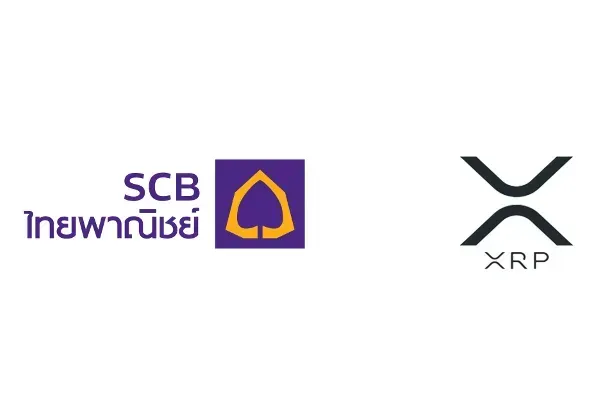XRP in Asia
XRP is faster and cheaper than bitcoin and allows banks to remain as middlemen in financial transactions.

Keywords
- Innovative: characterized by introducing new ideas or methods, especially in a foreign context
She is known for her innovative approach to problem-solving in the workplace.
- Disrupt: to radically change or revolutionize traditional practices or industries
The company's disruptive technology transformed the way people communicate globally.
- Middleman: an intermediary who acts as a link between parties in a transaction or process
By eliminating the middleman, the company streamlined its distribution channels and reduced costs.
- Ledger: a book in which things are regularly recorded, especially business activities and money received or paid
These summaries were prepared from actual ledgers listing day-by-day transactions.
- Tamper: to interfere with something in a way that alters or damages it
It is crucial to prevent unauthorized access to data to avoid tampering with sensitive information.
Read to find the answers
- What is the main idea behind Bitcoin and blockchain technology?
- How does XRP differ from Bitcoin in terms of speed and cost?
- Which major financial institutions in Asia are actively promoting and using XRP for cross-border transactions?
- Why is the use of XRP likely to increase further?
America leads the world in technological development
Big Tech is often referred to by the acronym FAANG, which stands for Facebook, Apple, Amazon, Netflix and Google. However, with Facebook's rebranding to Meta, the acronym has evolved into MAMAA, which includes Meta, Apple, Microsoft, Amazon and Alphabet (Google). Other variations of the acronym exist, and the acronym is likely to continue to change as other innovative companies emerge based on blockchain technology, which some expect to disrupt the entire global financial system. Ripple Labs is one of them.
What is Bitcoin?
Bitcoin is a type of digital money, often called a cryptocurrency, that has become very popular in recent years. Bitcoin and the technology behind it, called blockchain, are changing the way we think about money and transactions.
Unlike traditional money such as dollars or euros, Bitcoin only exists online. The main idea behind Bitcoin is to allow people to send and receive money over the internet without the need for a bank or a middleman. It works through a system called a blockchain, a digital ledger that is distributed across many computers around the world. This makes it very secure and difficult to tamper with, which has forced the financial industry to develop their own versions, most notably XRP. XRP is faster and cheaper than Bitcoin and allows banks to remain as middlemen in financial transactions.
XRP in Asia: SCB and SBI
XRP is a type of cryptocurrency created by Ripple Labs. It is known for its fast and affordable cross-border transactions. In Asia, XRP is gaining popularity, especially in countries like Hong Kong, Thailand and Japan. Two major financial institutions, SCB and SBI, play significant roles in promoting and using XRP in the region.
SCB, or Siam Commercial Bank, is one of Thailand's largest banks. SCB has partnered with Ripple to use XRP for cross-border payments. Traditionally, sending money to other countries can be slow and expensive. However, with XRP, SCB can offer faster and cheaper international money transfers. This partnership helps SCB stay competitive and meet the needs of its customers who want quick and affordable transactions.
In Japan, SBI Holdings is a strong supporter of XRP. SBI Holdings is a large financial services company that provides various banking, brokerage, and insurance services. SBI has a joint venture with Ripple called SBI Ripple Asia. This collaboration focuses on using XRP for remittances.
Both SCB and SBI see great potential in XRP. By using this cryptocurrency, they can offer better services to their customers. XRP helps reduce the cost and time of cross-border payments, making it an attractive option for banks and financial institutions.
Their use of XRP is helping to modernise financial services and make international transactions faster and cheaper. As more people and businesses realise the benefits of XRP, its use around the world is likely to grow even further.
Discussion questions
-
Do you have any questions about any of the vocabulary or grammar in this article?
-
Have you ever used or considered using or investing in cryptocurrencies such as Bitcoin or XRP?
-
What do you think about the role of large financial institutions like SCB and SBI in promoting and adopting cryptocurrencies like XRP?
-
How do you see the future of digital currencies shaping the global economy and our daily lives?
-
In your opinion, what are the main advantages and disadvantages of using cryptocurrencies?






